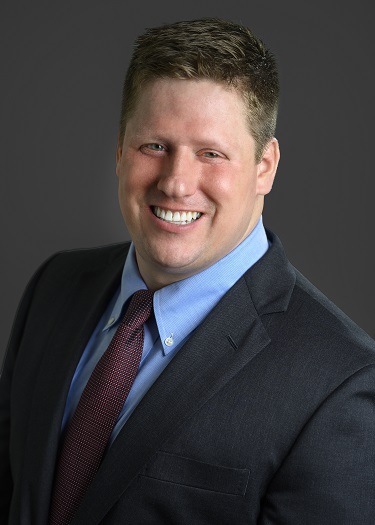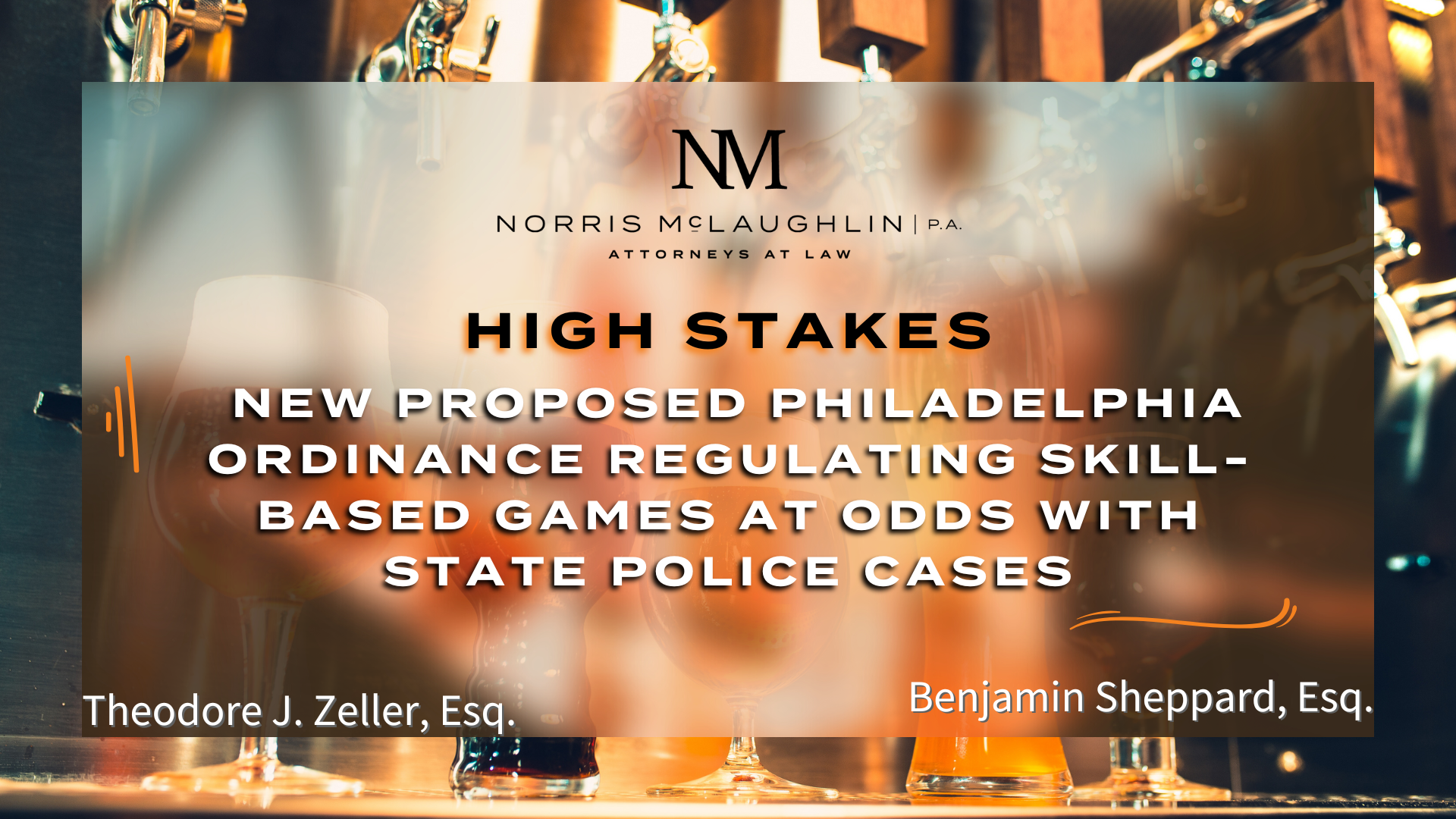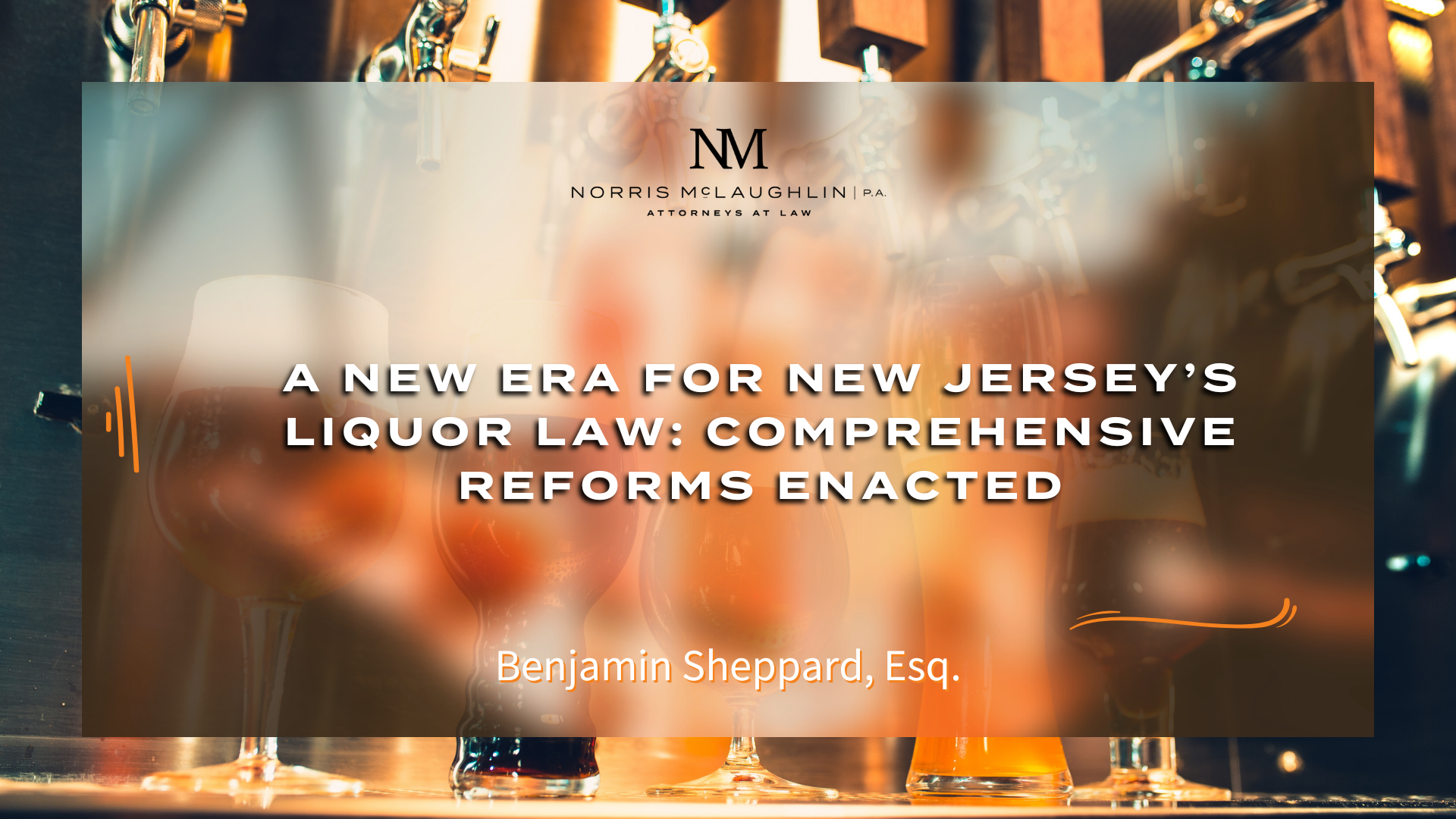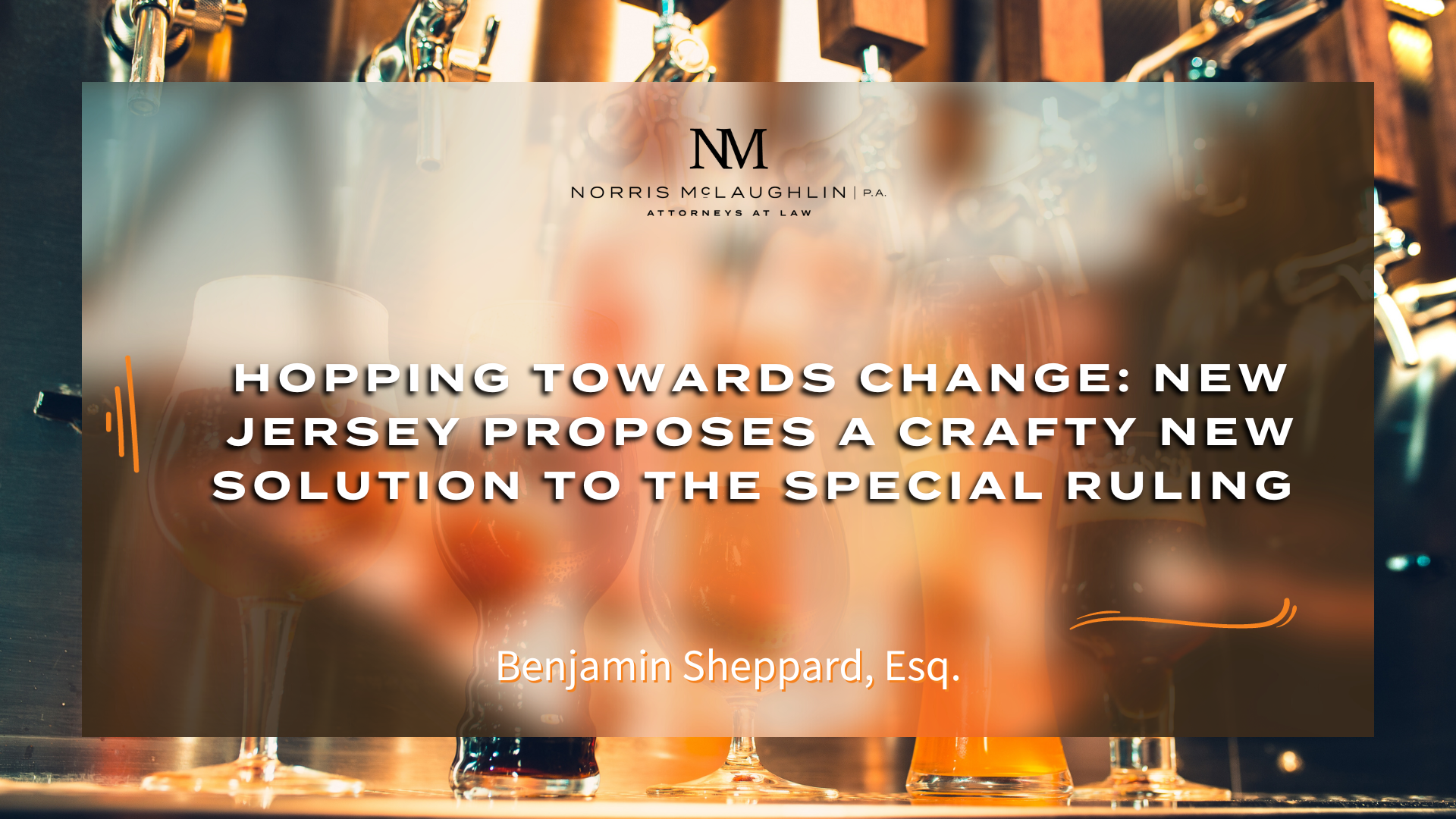PLCB’s Power Grab Under CLA Stopped
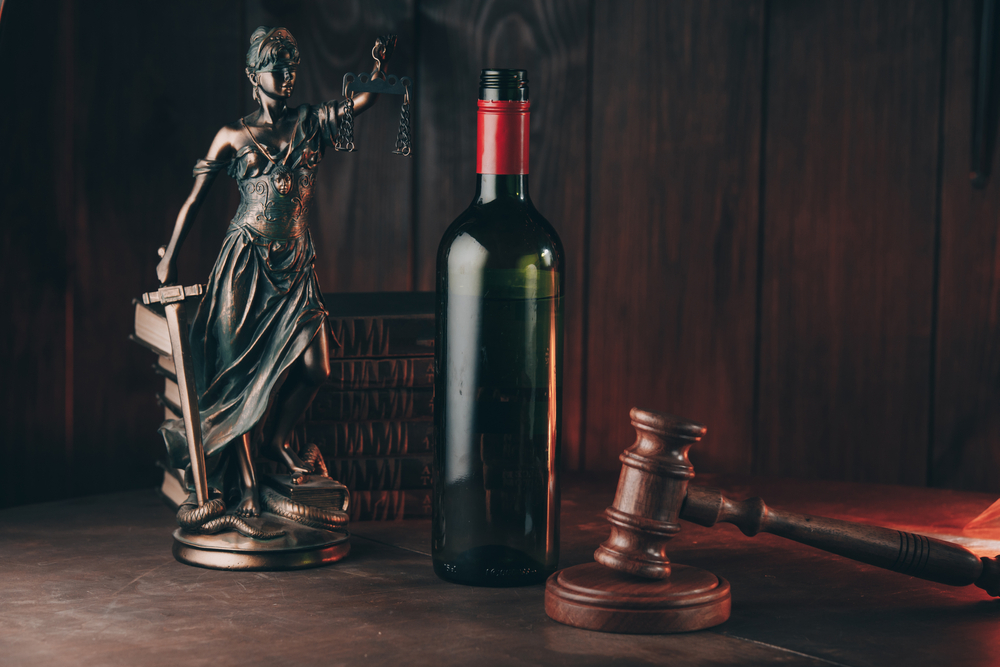
The Pennsylvania Liquor Control Board ("PLCB") has the authority to issue licenses to sell alcohol and to develop and promulgate regulations that govern the Pennsylvania alcoholic beverage industry. As a creature of statute, the PLCB may exercise only the authority granted in its enabling legislation, mainly the Pennsylvania Liquor Code (Title 47 P.S. Liquor 1-101 et seq.). Enforcement of these laws and regulations is the responsibility of the Pennsylvania State Police Bureau of Liquor Control Enforcement.
Condition Licensing Agreements ("CLA")
One of the powers granted to the PLCB is the permission to enter into Condition Licensing Agreements ("CLA") with licensees whereby additional restrictions are imposed on the use of the license. This scenario will arise mainly when a licensee seeks to renew its license but has received citations in the previous licensing period. The PLCB can object to the renewal and proceed to a hearing after notice. Rather than denying renewal of the license, the PLCB may enter a CLA with the licensee that places restrictions on the operation of the licensee's business. Pursuant to Section 470 of the Pennsylvania Liquor Code, failure to abide by the agreement will be sufficient cause to form the basis of a citation under the liquor code or a non-renewal proceeding (which would require notice and a hearing).
What happens when the PLCB acts beyond the scope of the authority granted to it via statute? On Dec. 23, 2021, the PLCB sent a letter to a licensee stating the licensee may be in breach of a CLA in effect between the licensee and the PLCB. This alleged breach would require the licensee to place its license into safekeeping, where it must remain until transferred in accordance with the CLA. Safekeeping of a license does not prevent the licensee from operating a restaurant, but it does prevent the licensee from offering alcoholic beverages. In this case, the licensee refused, disagreeing it was in breach of the CLA. Without affording the licensee a hearing or an opportunity to be heard in response to the PLCB letter received on Dec. 23, 2021, the PLCB, acting on its own initiative, placed the licensee's license in safekeeping effective Jan. 31, 2022.
Mandatory Preliminary Injunction
This unlawful act by PLCB effectively shut down the licensee's business. Our legal team of Ted Zeller and Anthony Brichta acted swiftly to file an Emergency Application and Petition for Mandatory Preliminary Injunction in the Commonwealth Court of Pennsylvania demanding the license be placed back in active status. A Mandatory Preliminary Injunction is an extraordinary remedy that is utilized only in the rarest of cases. Well clearly, that was the situation.
On Feb. 14, 2022, we had an emergency hearing in the Commonwealth Court. We argued the PLCB went beyond the authority granted to it by unilaterally placing the license into safekeeping after the licensee did not do so after the Dec. 23, 2021 letter. In a Memorandum Opinion filed by the Commonwealth Court Judge on Feb. 17, 2022, the Commonwealth Court agreed and ordered PLCB to return the license to active status. Section 471(a) of the Pennsylvania Liquor Code provides that where a violation of the act occurs, the Bureau of Liquor Control Enforcement may cite the licensee to appear before an administrative law judge to show cause why the licensee should not be suspended or revoked, a fine imposed, or both.
Other than proceeding to another non-renewal hearing, the Liquor Code provides no other remedy for a breach of a CLA. Therefore, the PLCB's placement of the license into safekeeping here was inconsistent with the remedies allowed by the Liquor Code and the CLA, and the Commonwealth Court held this was an unlawful attempt to expand the PLCB's authority under the Pennsylvania Liquor Code without affording the licensee the due process of law that is required.
Our legal team was able to meet the extremely high bar that a licensee must meet for the issuance of a mandatory injunction, and the Commonwealth Court ordered the PLCB to return the license to active status immediately. The licensee now has the authority to operate its business in the same manner as before the PLCB unilaterally placed his license into safekeeping, effectively shutting him down.
The Pennsylvania Liquor Code is one of the more complicated collections of laws in the United States, and bestows vast power to a state agency that operates state liquor stores, regulates licenses, monopolizes the wine and spirits wholesale market, and resells at auction the licenses it revokes. It has tremendous power in Pennsylvania, and the Commonwealth Court correctly restrained it from grabbing more. For all the licensees out there -- be aware that just because the PLCB says it can do something, it doesn't mean it can.
For information about national and state liquor law matters or general manufacturing and distribution advice, please contact our Liquor Law, Licensing, Manufacturing, and Distribution Practice Group: Liquor Law Department Chair Theodore J. Zeller III, Esquire (tzeller@norris-law.com); David C. Berger, Esquire (dberger@norris-law.com) for Pennsylvania and New Jersey retail and manufacturing licensing; Anthony M. Brichta, Esquire (ambrichta@norris-law.com) for federal manufacturing, distribution, formula, and labeling issues and state liquor litigation cases; or contact our offices at 610-391-1800.

